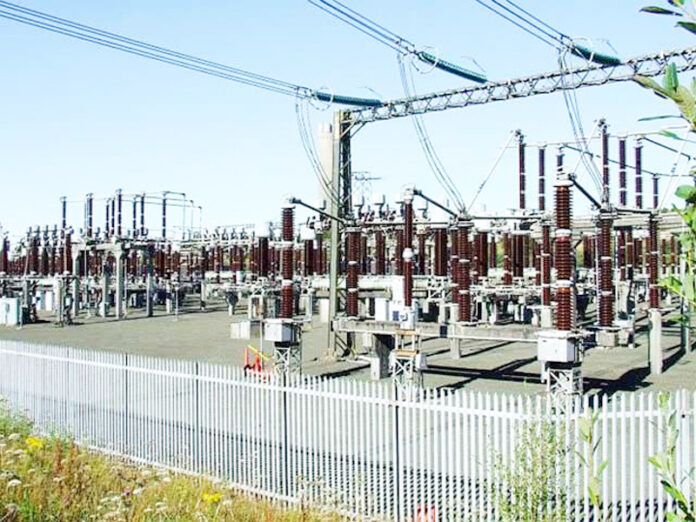Lack of investment in power infrastructure causes system collapse, experts Warn
CHIGOZIE AMADI
Power experts have attributed the frequent collapses of Nigeria’s power grid to insufficient investment in modernising and upgrading infrastructure.
They gave the advised in interviews on Sunday in Lagos, they highlighted the urgent need for significant financial commitment to the sector.
Mr Chinedu Bosah, National Coordinator of the Coalition for Affordable and Regular Electricity (CARE), emphasised that the Federal Government must invest substantially to meet citizens’ energy demands.
He noted that much of Nigeria’s transmission infrastructure dates back to the 1960s and 1970s, rendering it outdated and overstretched.
“This lack of investment affects the entire electricity supply chain, from generation to distribution.
“While Nigeria has an installed generation capacity of about 14,000 MW, it averages only 5,000 MW due to high gas costs, inadequate pipelines, and a poorly organized transmission and distribution network,” he explained.
He pointed out that the country’s energy needs are approximately 33,000 MW, highlighting that the current installed capacity is insufficient.
“Without major investments across the entire value chain, efforts to increase capacity to 8,000 MW or more will likely lead to further grid collapses,” he warned.
Bosah called for a massive investment to build new power plants, enhance gas supply infrastructure, and develop renewable energy sources such as solar and wind.
Additionally, he stressed the need to upgrade transmission systems and distribution facilities.
He criticised the government and private power companies for prioritising profits over infrastructure development, citing the imposition of exorbitant electricity tariffs on consumers.
“Instead of investing in capacity expansion, they are focused on maximizing profits through inflated bills.
“The current government narrative on subsidies is misleading, relying on high gas prices and electricity tariffs tied to the dollar exchange rate, which justifies regular increases and sustains profits for industry players.
“The recent tariff hikes, particularly the 234% increase in Band A, are pushing electricity out of reach for many, exacerbating the struggles of ordinary Nigerians,” Bosah added.
Dr Olukayode Akinrolabu, Chairman of the Customer Consultative Forum for Festac/Satellite Town, Lagos, echoed these sentiments.
He criticised the flawed federalism that limits states’ autonomy in generating and managing their energy resources, stating that this structure puts additional pressure on the national grid.
Akinrolabu described the Transmission Company of Nigeria (TCN) as a “crippled entity” serving elite interests rather than the public good.
“We need fresh ideas and leadership to overhaul the system and enhance service delivery,” he urged.
He called for the Federal Government to enact laws that allow for state-level independent power generation and foster a competitive electricity market to attract diverse investors.

























